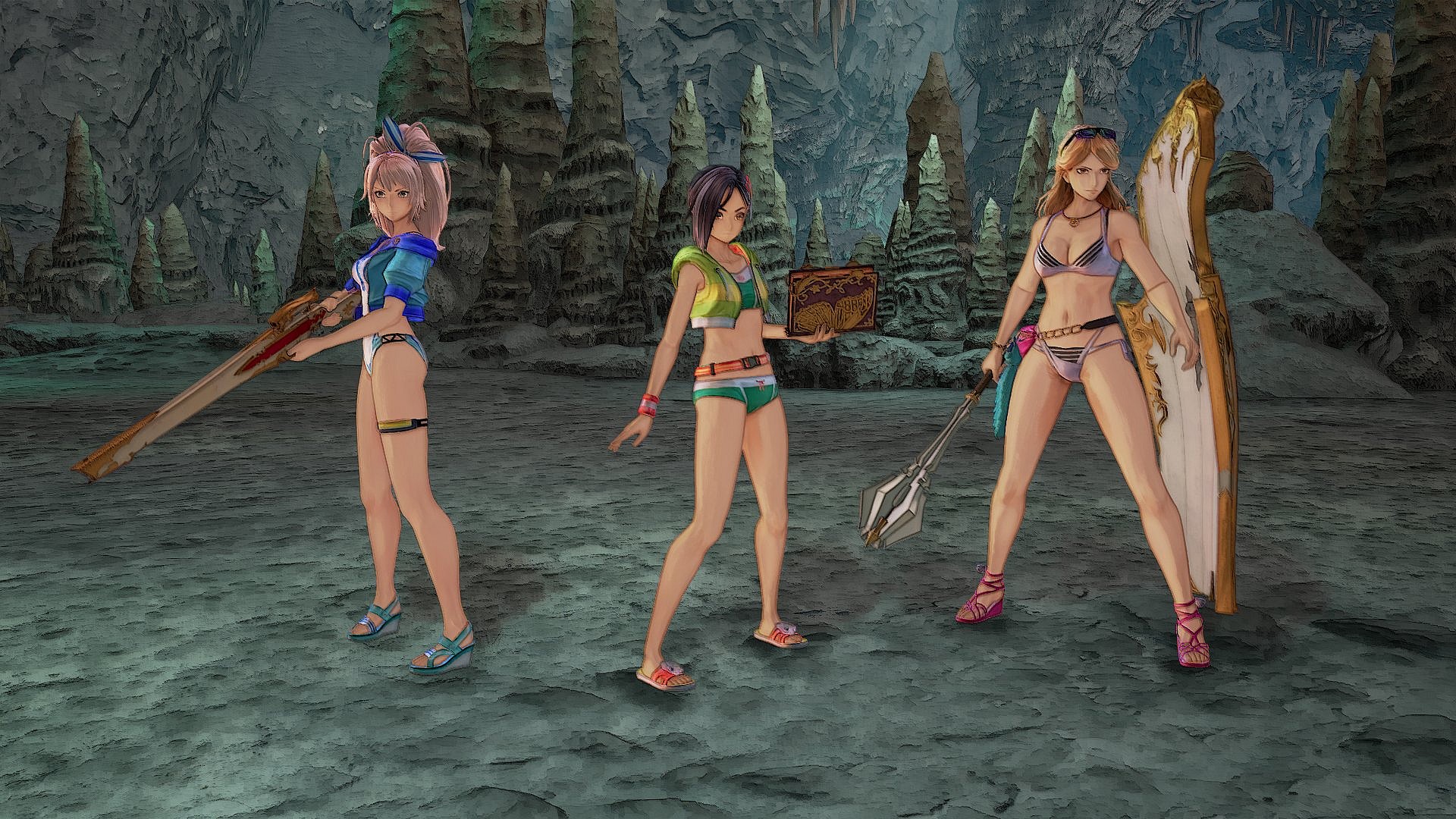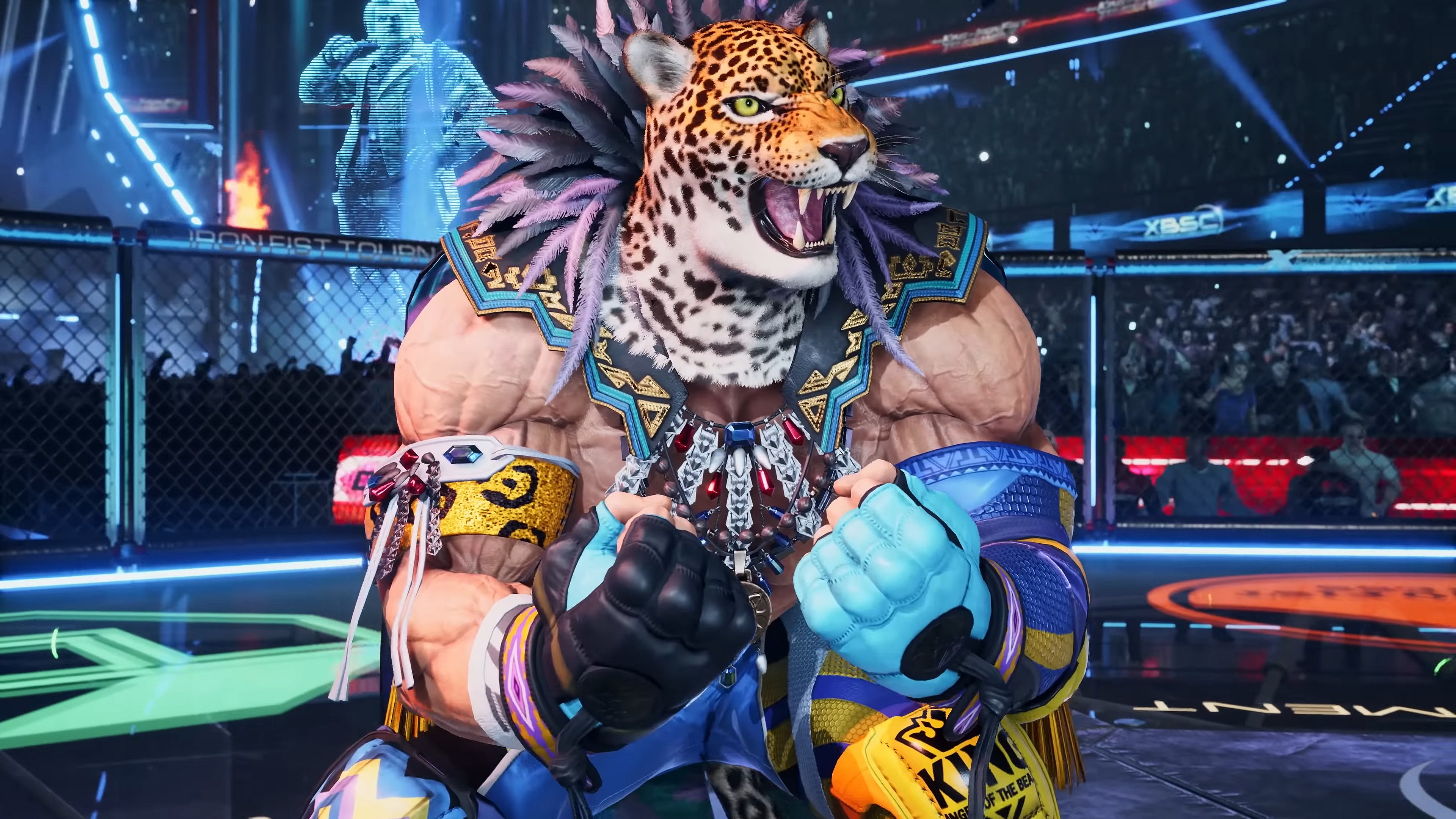Bandai Namco Localization Teams Admit They Order Japanese Devs To Censor Their Female Character Designs: “We Tell Them That The Cleavage Is A Bit Too Exposed, Or The Skirt Is A Bit Too Short”

Let’s be frank: There is something fundamentally broken in an artistic medium when those in charge of its shepherding it have begun to proudly censor – and boast about censoring – a given artist’s personal work.
Sadly, such is the case for the medium of video games, as the localizers responsible for bringing Bandai Namco’s Japanese titles to the Western world, puritanical censorship of said works – particularly any ‘sexy’ female designs therein – has become not just common, but the industry norm.

RELATED: Datamining Suggests Amazon Games Plans To Censor Western Release Of Bandai Namco MMO ‘Blue Protocol’
This unfortunate fact was recently confirmed by representatives from both Bandai Namco and Bandai Namco Europe during a recent interview given to The Japan Times‘ Mathias Cena.
Asked for their thoughts on the local round of discourse surrounding English-language localizers’ ongoing, self-important butchering of Japanese media, Bandai Namco Europe Senior Localization Manager Franck Gentry offered his support to this cultural imperialism and praised just how effective their censorious efforts have been, particularly regarding “how Japanese game developers dress their heroines”.

“We tell them that the cleavage is a bit too exposed, or the skirt is a bit too short,” said Gentry. “Before, they weren’t very flexible, but they’ve become more proactive on such subjects.”
Yet, despite this brazen admission from the company’s European arm, Bandai Namco Localization Project Manager Pierre Froget still believes – without a hint of irony – that localizers are working to ensure that “the player, whichever country they’re from, should understand and feel the same thing as someone playing in the original language.”
“Efforts have been made to understand the needs of the English-speaking world,” he noted.

RELATED: Bandai Namco Will Reportedly Release All Versions Of Tales Of Arise “Without Any Form Of Censorship”
Further, the project manager revealed that the most common changes asked for by Western localizers related to such topics as “alcohol, politics or religion”.
Offering up an example, Froget asserted, “When there are people dressed in black boots and big leather coats, in Europe that could bring to mind a Nazi uniform.”
From there, Froget closed out his time with Cena by reaffirming his belief that Bandai Namco localization efforts – at least those he has overseen – were all done in service of helping “to create connections to Japanese culture and help Europeans discover its depth, while respecting both the game and the player.”

And while the actual act of confession itself comes as a surprise, its information does not, as recent years have seen Bandai Namco adopt female character censorship as part of their standard operating procedure for some time.
In 2018, the company removed the ‘Phantom Remedy’ mission from the North American release of One Piece: World Seeker Phantom‘s DLC due simply to the fact that it featured a fan service scene of the female Straw Hat members enjoying a dip in a hot spring.
Last year, data mining into their upcoming Amazon Games-published MMO Blue Protocol revealed that US players will be presented with less sexualized and less feminized versions of the original JP character models.

However, in an example of life’s many contradictions, it should be noted that though Bandai Namco is clearly leaning into American-styled modern puritanism, not all of their productions have been affected by this way of thinking.
For example, 2021 saw the developer release Tales of Arise “without any form of censorship.”

Likewise, one of their main talents is Tekken series director Katsuhiro Harada, who is well-known for his refusal to play ball with any and all attempts to shut down the fighting game franchise’s identity, including those which have attacked its roster of female fighters.
“A lot of times – the swimsuits was a good example – people who don’t even play the game, they maybe just hear that there are swimsuits in it and then they say, ‘Woah, you have these girls in sexy swimwear, what’s wrong with you? You’re such male chauvinists etc,'” Harada told Eurogamer’s Aoife Wilson in 2016.
“But, what they don’t know is that it started off in the arcade and it’s a season line, like you do for Christmas, Halloween or whatever,” he added. “And it’s not just the women. Robots have them, Kuma, Panda, the male characters have swimwear. It’s not like we’re trying to sexualise the female characters at all. But they don’t go and look for that info before they criticise. So, that is pretty frustrating.”

Unfortunately, while Tekken has a staunch defender in Harada, it appears that no other Bandai Namco franchise has such a champion to defend against the tides of censorship.
Thus, as of writing, it seems to be only a matter of time before Harada (and likely members of his team) finds himself as the company’s sole island of artistic integrity.
